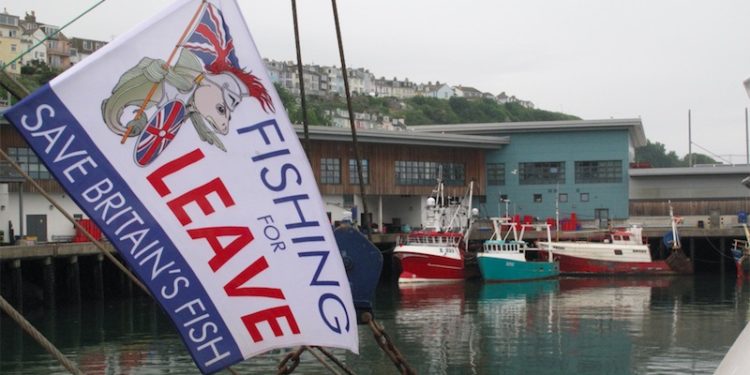In the light of the ongoing uncertainty around the UK’s expected departure from the European Union in two months, the European Commission has adopted legislative proposals designed to soften the blow of Britain crashing out of the EU in a No Deal outcome.
The first proposal is for EU fishermen and fishing operators to receive compensation under EMFF in the event of a temporary cessation of fishing, to offset the impact of a sudden loss of access to UK waters.
A further proposal is for an amendment to the Regulation on the Sustainable Management of the External Fleets.
This proposal’s intention is to establish a framework that would make it possible for the EU to grant UK vessels access to EU waters until the end of this year, on the proviso that this would be a reciprocal arrangement. This also lays down a simplified mechanism for this to enable EU and UK vessels access to each others’ waters.
The reciprocal access proposal is limited to 2019, based on the agreements reached at the Council of Ministers in December last year.
The Chief Executive of the Killybegs Fishermen’s Organisation has already welcomed the announcement of these two legislative proposals and Seán O’Donoghue said that while the reprieve is only temporary in nature, it is an important step to avoid catastrophe on the fishing grounds on 30th March.
‘In the midst of all the chaos and uncertainty, we have been working diligently to keep fisheries high on the agenda of the negotiators which has been a seismic job of work,’ he said.
‘I must acknowledge the key role played by the Irish Government, particularly the Taoiseach Leo Varadkar, Tánaiste Simon Coveney and Minister Michael Creed in tandem with EU Chief Negotiator, Michel Barnier and their respective officials in listening and acting on the concerns of fishing industry.’
He commented that Ireland’s two largest fisheries, mackerel and nephrops, are highly dependant on access to UK waters, and maintaining reciprocal access needs to be at the heart of a post-Brexit relationship.
‘While we have made good progress to safeguard our members’ livelihoods in a post-Brexit trade deal scenario, it is crucial that we do not take our eye off the ball and continue to press Britain to maintain the current levels of reciprocal access to waters and markets, as well as sound science-based fisheries management,’ Seán O’Donoghue said.
‘Our industry is standing on the edge of a precipice and everything that we have strived for and developed for generations is staring into the abyss albeit we have a temporary reprieve until the end of 2019. We must move might and main to avoid a ‘no-deal’ Brexit and the ramifications which this would have for our sector.’
According to the European Commission, these proposed measures are not something that could mitigate the overall impact of No Deal, and are specific in nature, as well as being temporary and limited in scope.
These latest proposals are subject to a co-decision procedure and the Commission has agreed to work with the European Parliament and Council to ensure that this legislation is in place before 29th March 2019.









